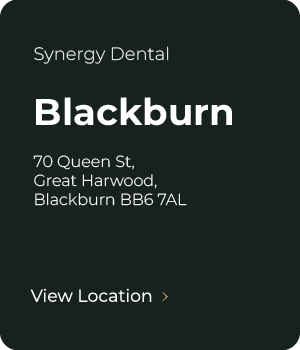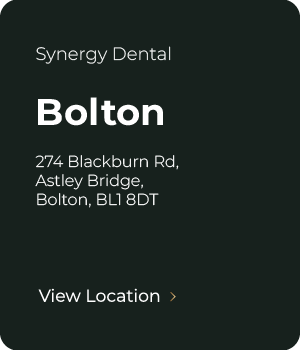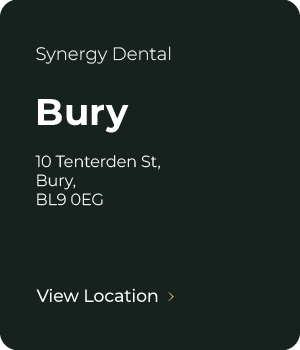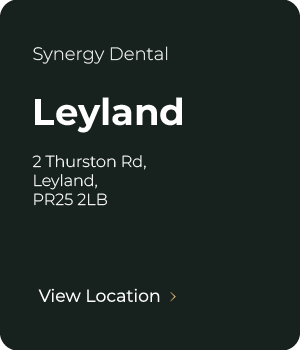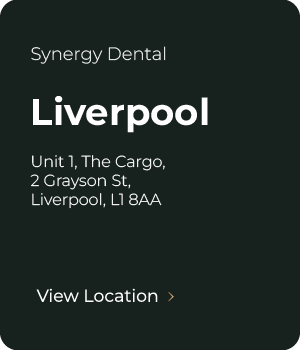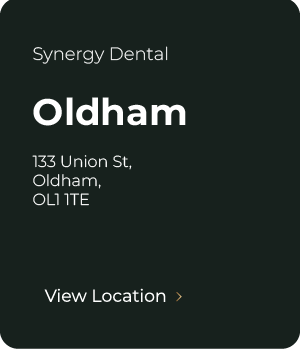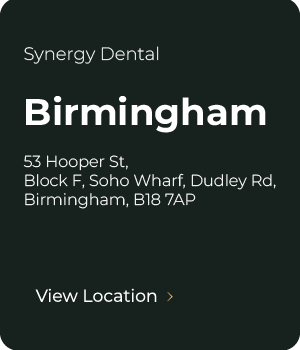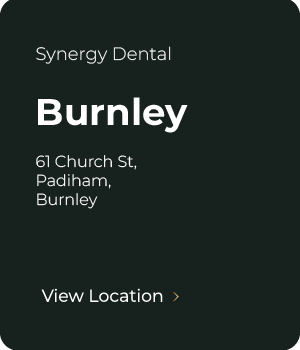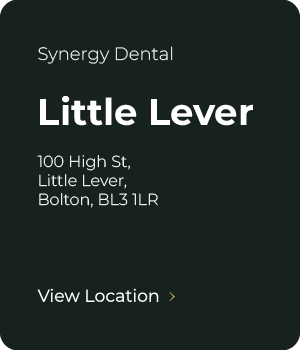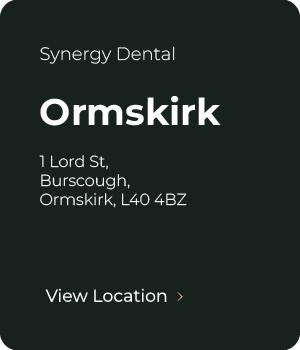Perhaps not so literally, but have you been experiencing painful burning sensations in or around your mouth recently? If so, It’s possible you’re suffering from quite a complex medical condition referend to as burning mouth syndrome (BMS). It’s characterised as a very rare, hard to diagnose condition, but there are steps that can be made to either ease symptoms or treat them. It’s crucial to seek medical advice for this. By doing so, a health care professional can start working on the diagnosis and treatment of this condition as soon as possible.
What should I watch out for?
The causes and diagnosis of the condition may seem slightly baffling (which can cause patients to panic or feel uncertain), but there are signs to watch out for. These basic signs can almost always confirm the presence of BMS.
Multiple sources (Mayo Clinic and NIDCR) seem to refer to a similar ‘scalding’ or ‘burning’ sensation felt on patients’ tongues. This is the most common instance, but not the only instance. Sensations can also spread across different areas of the mouth like the gum, tongue, and other areas of the mouth.
Some other symptoms, known to co-exist alongside the burning sensation, could be:
- dehydration
- general loss of taste
- numbness
Professionals have been quick to suggest a possible link between vitamin B-12 deficiency anaemia and BMS (Colgate). While still unconfirmed, it might be a reason for those suffering from similar health conditions alongside BMS symptoms to consider a dental visit. The list of potential BMS causes can be very long, but some suggested triggers are depression, anxiety, experiencing traumatic life events, or even taking medication (Mayo Clinic).
How is it usually diagnosed?
According to medical sources, BMS is not an easy thing to diagnose. It may take some time to fully understand what is causing the condition for individual patients. Time may be taken up by specialist referrals, but the difficulty tends to come from lengthy examinations and tests.
According to the NIDCR, each patient requires extensive medical history checks and examinations. The requirement for other tests, like blood tests, oral swabs, allergy tests, a salivary flow test, a tissue biopsy, and imaging tests, will vary on a case-to-case basis. It is best to have the condition seen as soon as possible. This way, the process can begin sooner. In cases where the pain is becoming significant or prolonged, you shouldn’t hesitate to contact your GP or dentist for help.
So, what should I do?
Unfortunately, BMS is generally considered a long-term condition, so the most effective thing that you can do, along with visiting your dentist or GP for advice, is to make conscious changes to your daily life. These changes will ease the effects of the condition and can just be done from home. The Oral Health Foundation suggests changes like sipping water more often or sucking ice. Chewing sugar-free gum can also help by combating dry-mouth, and cutting out alcohol and cigarettes if you use them.
Unsure about your dental health? Call your nearest Synergy Dental Clinic and we’ll be happy to help.

